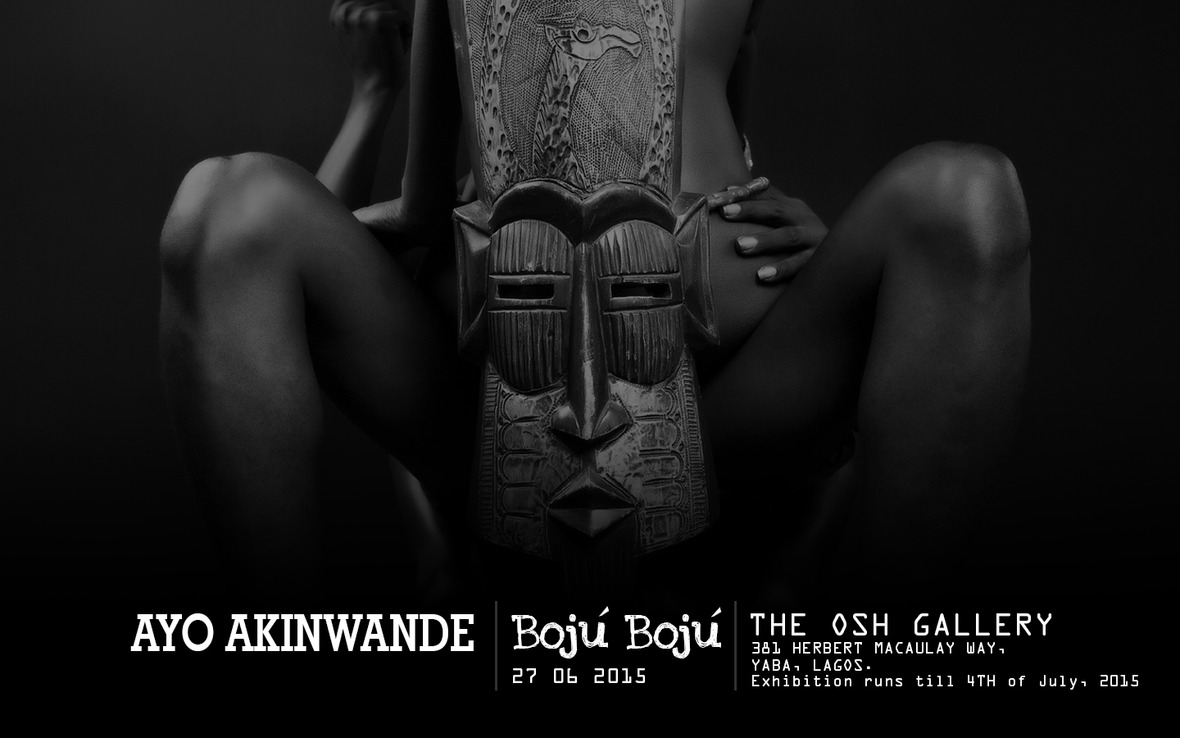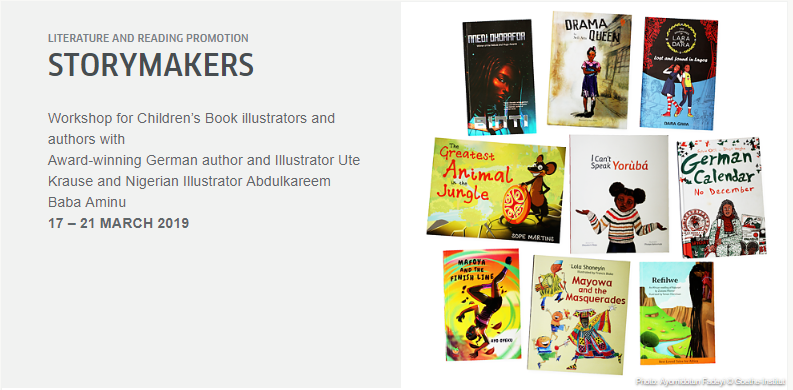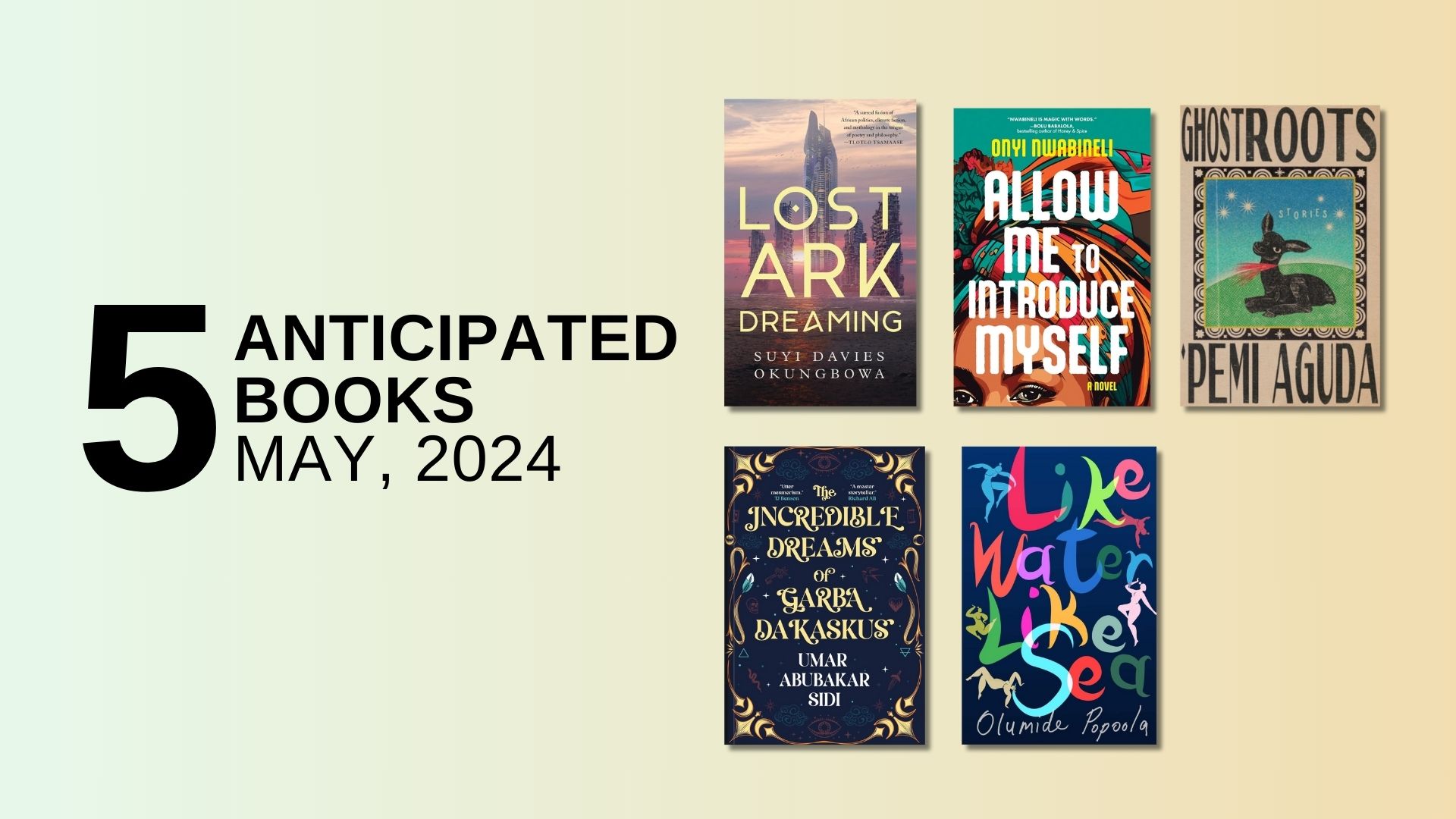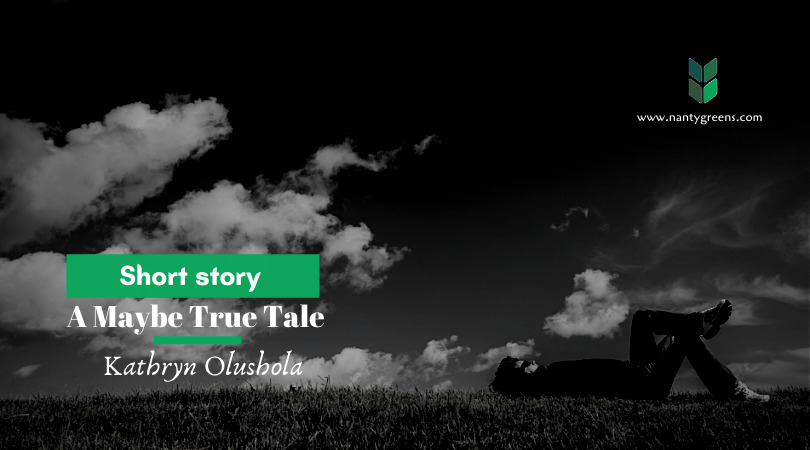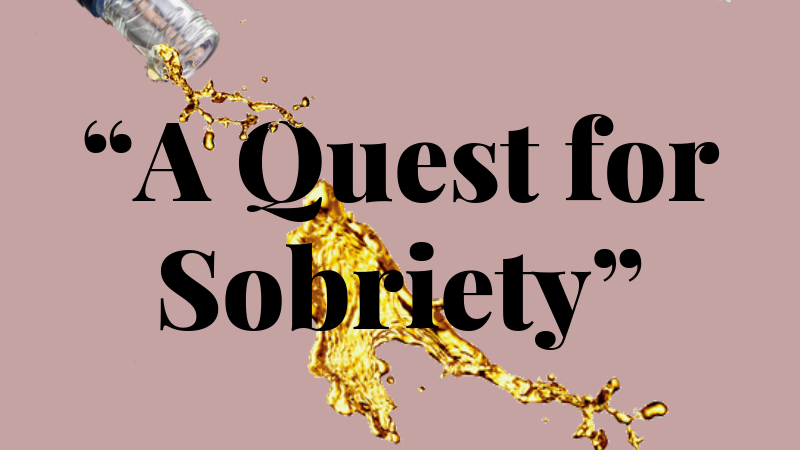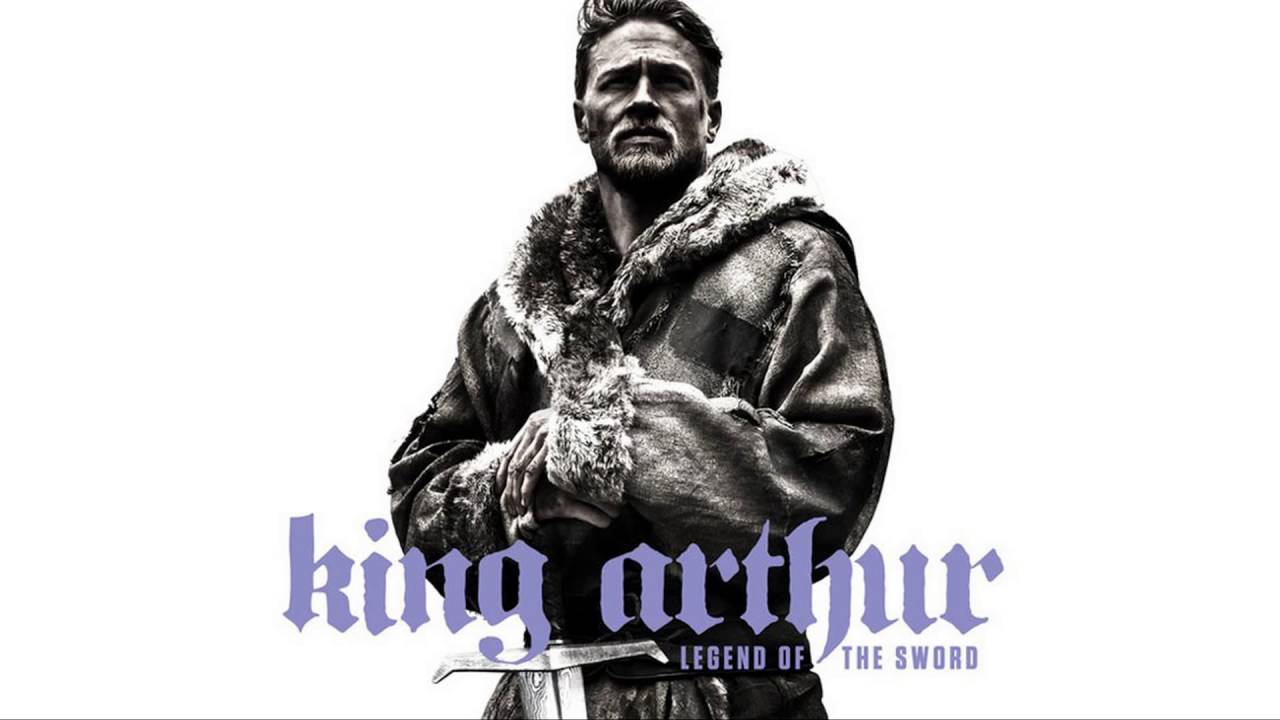The 4th edition of the Lagos International Poetry Festival held just a week ago, 31st October through 4th November. The festival concert, Wide Awake, held at the MUSON Centre on the third night of the festival. One of the many poets who graced the stage kicked off his performance by saying Wide Awake in the Yoruba parlance would be ‘Ji, masun’ while its American counterpart would be ‘Stay woke’, which I and a good number of the audience found hilarious. Indeed, the festival literally kept all its attendees and participants bright eyed, wide awake and unwilling to miss a single moment of the extravaganza of brilliant poetry, panels and the off spotlight moments shared all through.
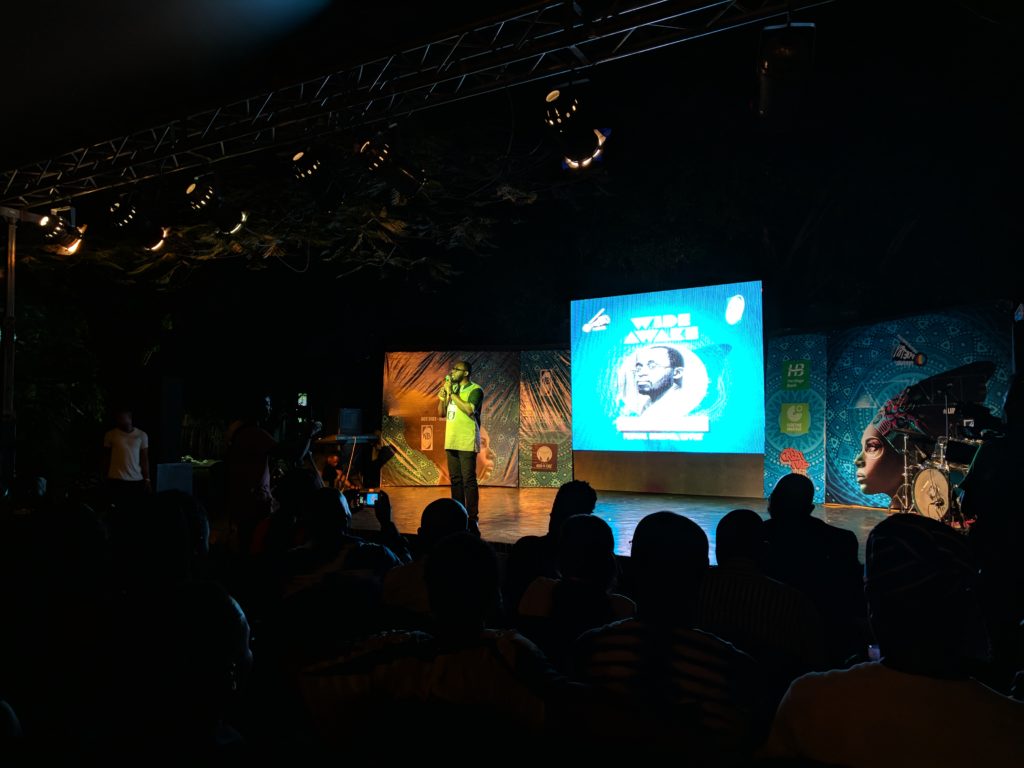
I was unavoidably absent for the first two days of the festival which consisted of a workshop with Yomi Sode, the opening night with cocktail and poetry, a lecture and reading by Lebo Mashile, another workshop by poet Nick Makoha and a session with Wana Udobang and Lebo Mashile at A Whitespace Creative Agency.
I was lucky enough however, to meet up with the first panel of the third day, ‘Call and Response’ with Graciano Enwerem, Daisy Odeh, Logan February, Saddiq Dzukogi, Zoe Hagen and their moderator Nathan Suhr-Sytsma. It was an engaging panel which started off with the introduction of the poets and their works, and thereafter, had them read to the audience a poem which had been inspired by another poet’s work and was a response to it. When the floor opened for audience participation, a particularly interesting discussion sprung from an attendee’s question on how to monetize one’s gift as a poet. While Graciano believed that yes, a poet could, full-time, feed off his craft without a nine to five job, through performances at corporate events, creating paid contents when requested and so on; Zoe Hagen, a German poet, talked about the experience in her native Germany, sharing that many poets sustain themselves solely on it.
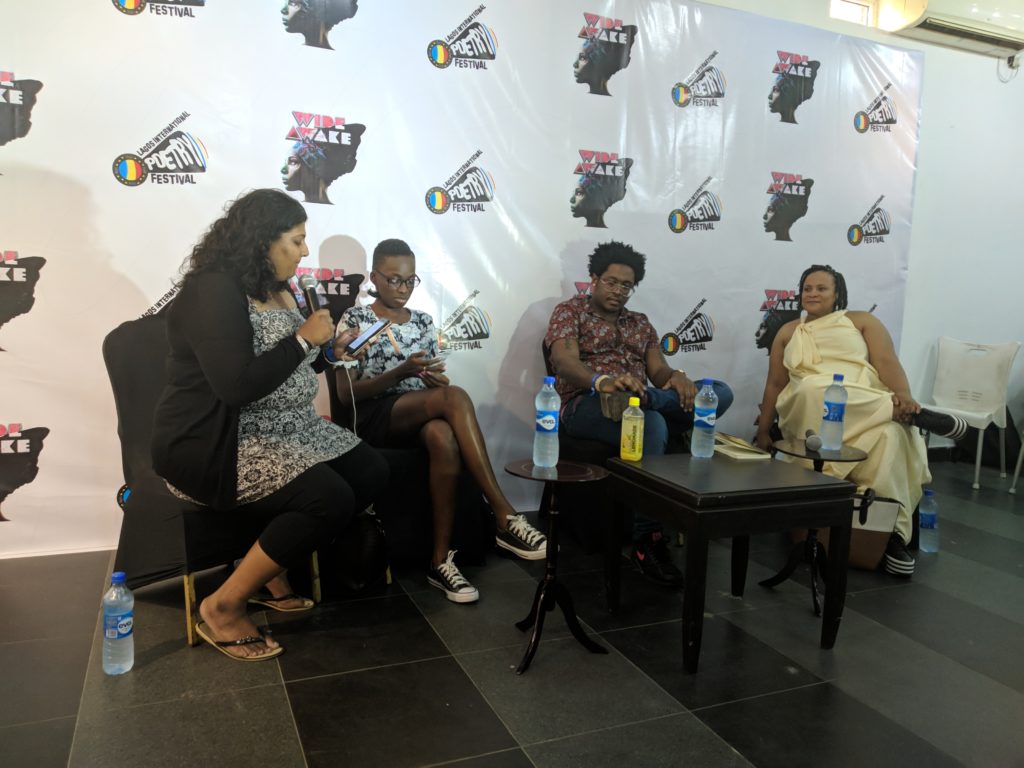
The other poets held quite divergent views on this with Daisy Odeh, Logan February and Danez Smith, an American poet, and seated in the audience, stated that while a successful career in poetry does have its benefits and some of it being monetary, the mindset of making profit would not be an advisable threshold for any aspiring poet.
The next panel, ‘Poets At Large: A Generation in Exile’ with Niyi Osundare, Tanure Ojaide and Harry Garuba and moderated by Obari Gomba would turn out to be my favourite panel of the festival. There was of course the excitement of having front seat to a conversation between poets whose books I had grown up reading, but it was mostly because there was such an outpouring of truth, vulnerability, and the experience of sharing in their personal stories as to why they left home for the abroad. With Niyi Osundare’s passionate detailing of the African immigrant experience and sound bites such as ‘the diaspora is not just relocation, it is dislocation’, Tanure Ojaide’s laid back emphasis on how the country should be bothered about the mass relocation of its best brains, Harry Garuba’s perspective on the classing of poetry into generations i.e. first generation, second generation etc., and Obari Gomba outdoing himself as a moderator, hitting all the relevant notes, the Poets At Large panel is not one that anyone in that audience would be forgetting anytime soon.
The last panel of the day ‘Finding Home’ with Yomi Sode, Chika Jones, Obii Ifejika and Efe Paul Azino was a great way to end the discussions of the day with such moving and brilliant conversations and poetry from the panelists on the concept of home and what it meant to them.
At the MUSON Centre, much later that day, there was the Festival Concert with exciting performances from the festival guests and a special appearance by the amazing M.I Abaga, who with the way he enthralled the audience cemented that already known notion that he is indeed a poet at heart.
Day 4 of the festival kicked off with a masterclass held by the incredible Kwame Dawes. The class ran almost concurrently with the ‘In Defence of Truth: Forwarded As Received’ panel discussion, holding at Freedom Park. Later in the afternoon, Folu Storms moderated the ‘Burn Your Idols’ panel with panelists, Lebo Mashile, Chika Jones, Wana Udobang and Timehin Adegbeye. An amazing and insightful panel, it navigated the ‘cancel culture’, what it means to distance oneself from unhealthy purported public figures, societal structures and ideals, amongst other things, and people that can bring about trauma or act as a trigger. The panel would later spin into conversations about feminism, the internet and the notion of separating art from its artist, all of which made it a much more rounded conversation and a memorable one at that.
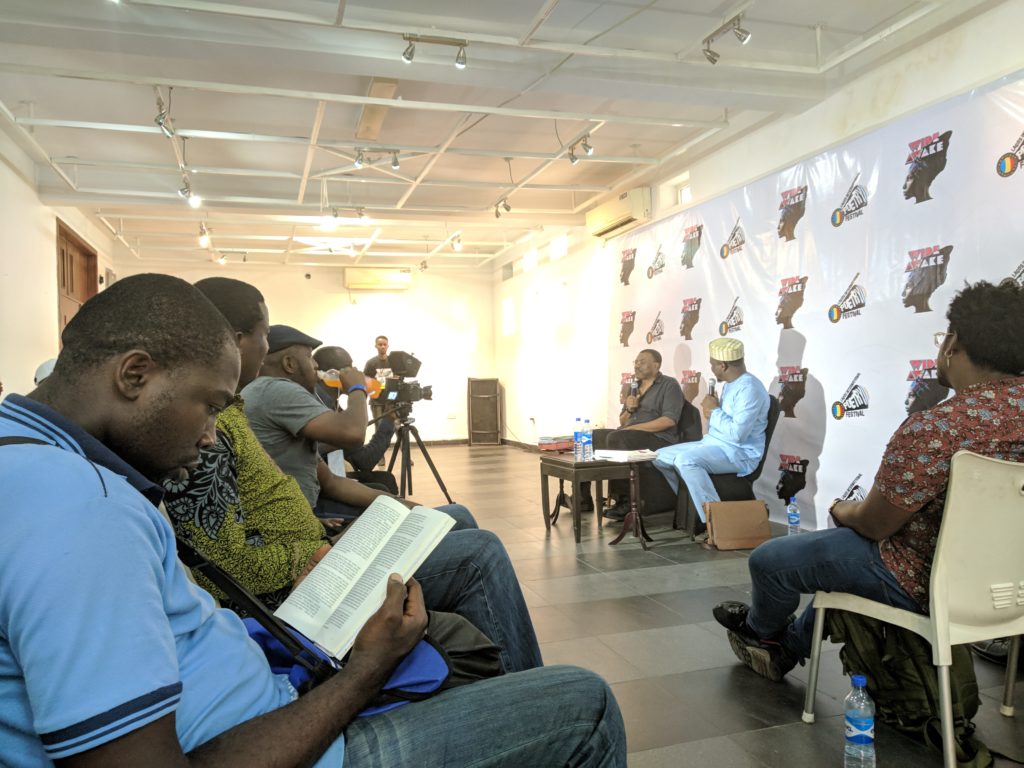
When it was time for the Kwame Dawes’ ‘In Conversation’ panel moderated by Dami Ajayi, it was a full room and rightly so too. Dawes, a prolific and brilliant poet, teacher and mastermind of the laudable African Poetry Book Fund series which has over the last few years consistently published a bookset of new and splendid voices in the African poetry scene, the conversations revolved around Dawes’ Jamaican background, his connection to Nigeria which he described tongue-in-cheek, issues interrogated in his poetry, the African Poetry Book Fund series and how it went from a grand idea to a much grander reality, and other issues as they arose. And a major highlight of the panel for me was the masterful reading or rather performance of ‘Thieving’ a poem from his latest collection, Duppy Conqueror.
The festival’s panel discussions came to an end with the panels, Bodies Under Siege moderated by Chitra Nagarajan with Timehin Adegbeye, Lebo Mashile and Danez Smith which was a powerful conversation about navigating spaces across different nations and continents as they become unsafe. And finally, to round up the conversations, another panel with Niyi Osundare to replace the film screening that should have taken place.
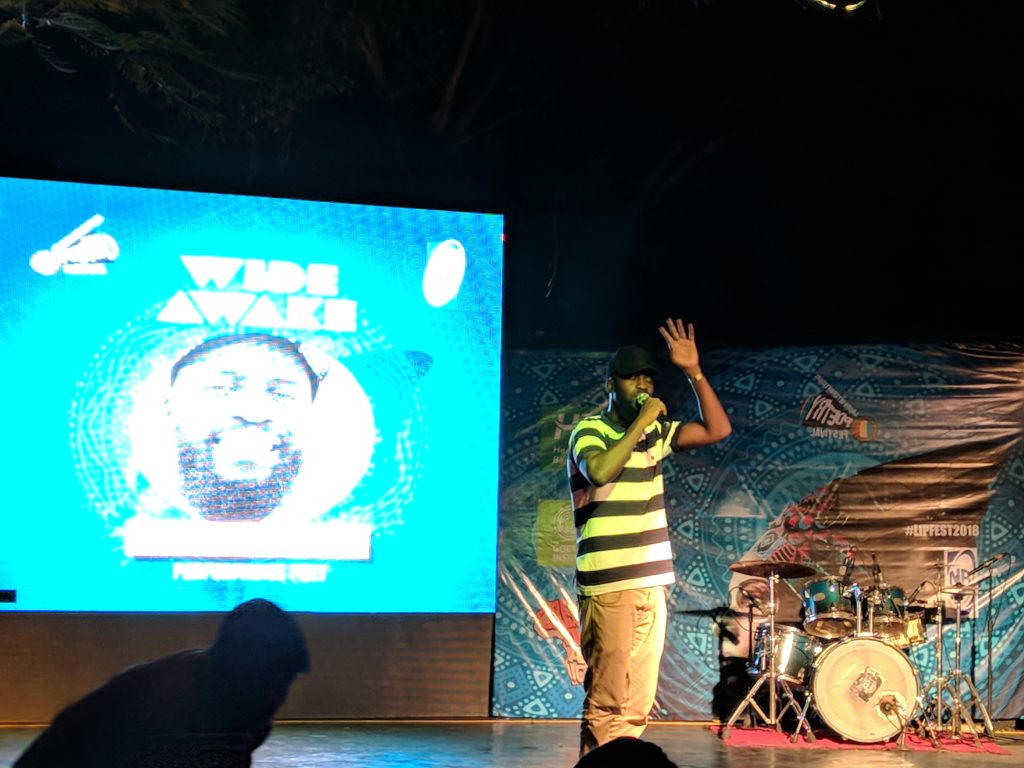
And to end the festival with a bang, literally, there was the Poetry After Dark party which brought a new spin to poetry performances with everyone listening to the poems via headsets in a way that felt like the poet was reading the poems to you and you alone, an almost intimate experience, and the also the amazing music that came on at intervals. The headsets provided the user with two channels to groove to; red or blue, local music or foreign, you got to pick your poison. And it was certainly interesting to see a room full of people dancing together with different genres of music playing in their heads, the switching between the red and the blue channels and how everyone; festival guests and visitors put aside their intellectual and serious business aside and just had a great time.
It is pertinent to point out that not all of the important conversations and connections happened in the halls alone. There were also the chats had with friends newly forged out of shared interests and mutual admiration, laughter around tables with friends made over the years of meeting at literary haunts, the cementing of mentorships and the underrated simple joys of sharing a space with people who are as mad about poetry as you are.
The Lagos International Poetry Festival ran successfully for the fourth time this year, creating a much needed space for writers, performers and lovers of poetry to bask in and doing so with such pizzazz. I look forward to it outdoing this year’s edition in 2019. Till then, stay woke.

